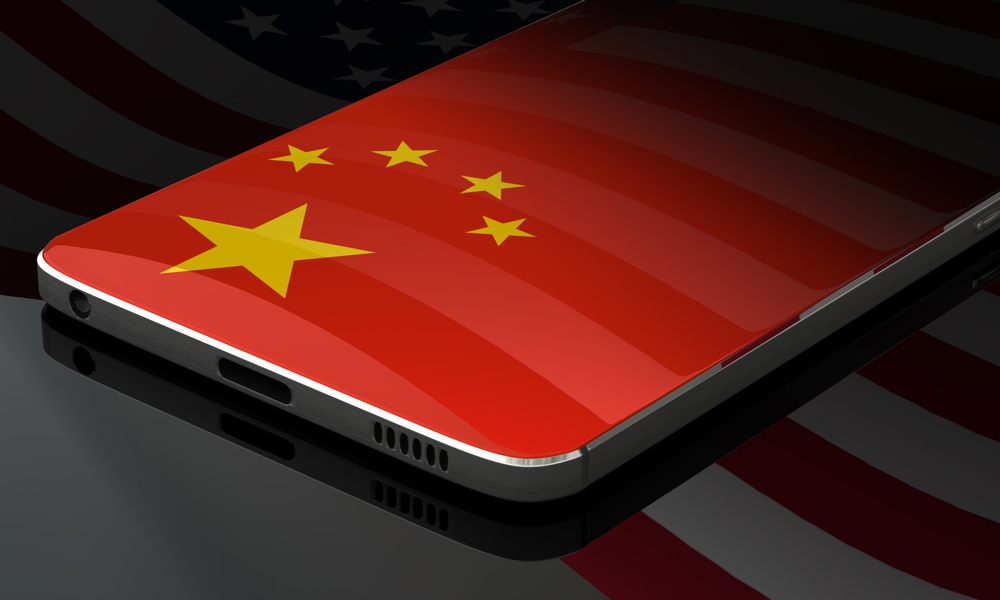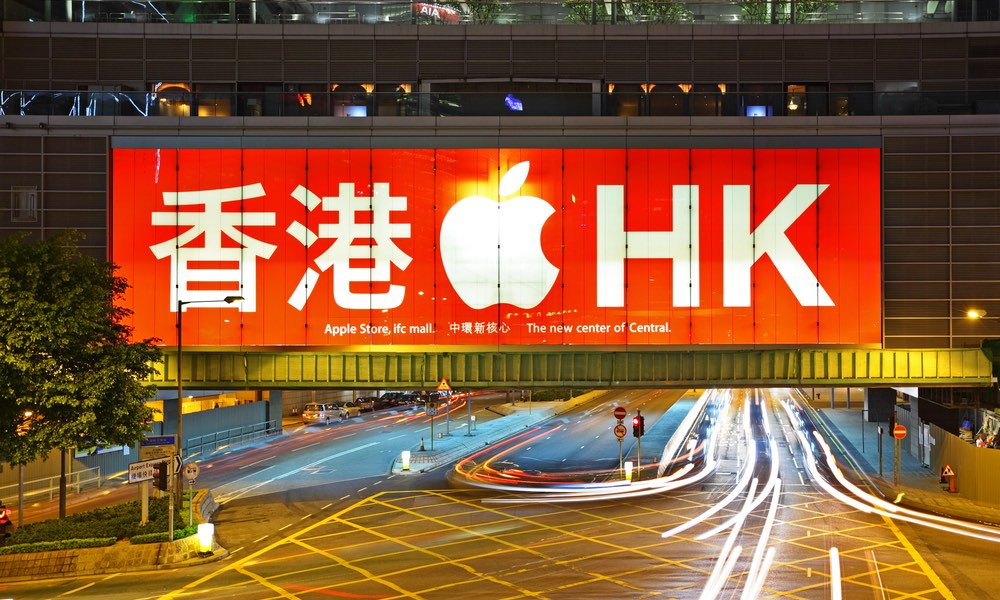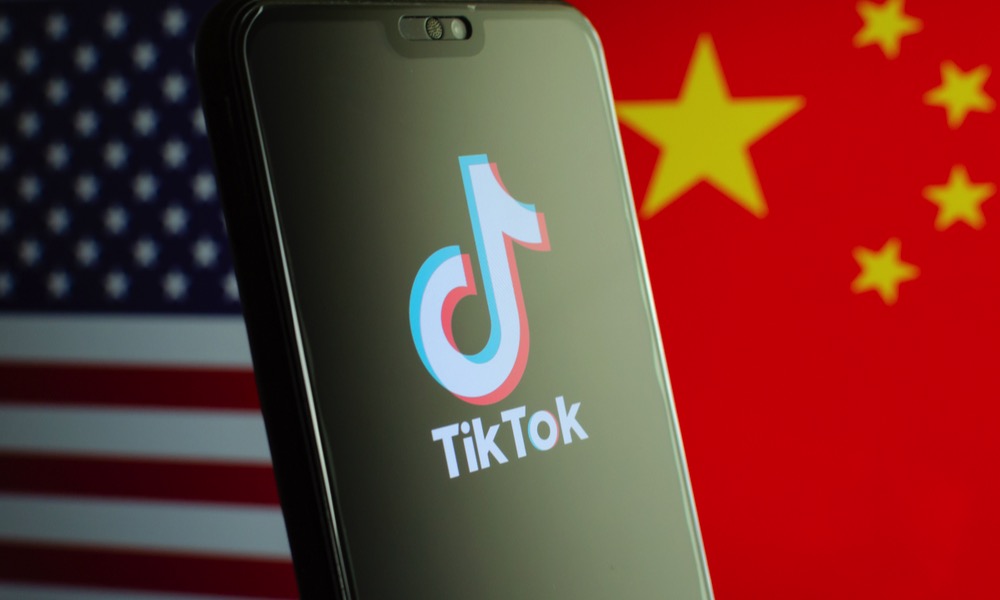Apple Removes WhatsApp and Threads from App Store in China
 Credit: Mavas_bd / Shutterstock
Credit: Mavas_bd / Shutterstock
Toggle Dark Mode
Meta’s WhatsApp and Threads have become the latest casualties of the Great Firewall of China as Apple has been forced to remove them from the App Store to comply with Chinese law.
According to the Wall Street Journal (Apple News+), the Cyberspace Administration of China ordered Apple to remove the two apps from the App Store due to what the iPhone maker described as “national security concerns,” although it didn’t elaborate. A spokesperson simply stated that “we are obligated to follow the laws in the countries where we operate, even when we disagree.” Messaging apps Signal and Telegram were also removed from the Chinese App Store at the same time.
A source familiar with the matter told the WSJ that the apps were targeted “because both contain political content that includes problematic mentions of the Chinese president.” However, an Apple spokesperson told the New York Times that this was not the case.
Although the Chinese government blocks these apps from accessing the necessary servers, they can still be used through virtual private networks (VPNs) that bypass the Great Firewall. This not only allows dissenters to have a voice but also gives them access to news that the Chinese government doesn’t want them to see.
The move shrinks the number of foreign chat apps Chinese internet users can use to communicate with those outside of the country, a further tightening of internet controls by Beijing, which is sensitive to uncensored information circulating.The Wall Street Journal
This is far from the first time that the Chinese government has required Apple to pull apps from the App Store in the country; it’s merely the latest battle in the war between technology and state control. In late 2016, Chinese authorities famously had the New York Times apps removed and began cracking down on podcasting apps in 2020 — at least those that were unwilling or unable to censor the podcasts available in China.
Apple Podcasts notably remains installed on iPhones sold in China and on the Chinese App Store; however, it also reportedly began to censor its podcast catalog a few months earlier, undoubtedly in response to requests by the Chinese government. Apple Podcasts remains one of the few Apple services to reach into China; Apple was ordered to shut down iTunes Movies and Books in 2016, and it hasn’t even tried to bring Apple TV+ or Apple Arcade to the country.
Despite the dearth of Apple’s subscription services in China — only Apple Music, the App Store, and iCloud+ plans are available there — the country still accounts for 10 percent of Apple’s global services revenue.
Although it’s not hard to imagine how apps that provide access to unfiltered sources of content would raise the ire of China’s censorship-happy regime, there was also the controversial case of HKmap Live in 2019. This was a mapping app that allowed crowdsourced reporting of the locations of law enforcement officials in Hong Kong. It was initially rejected by Apple for encouraging illegal activities — in this case, helping users “evade law enforcement.”
The developer appealed the decision, and HKmap Live appeared on the App Store in China. However, after it became a popular tool for pro-democracy protestors in Hong Kong, Chinese state-run newspapers began making oblique threats that Apple would face “consequences” for its “unwise and reckless decision” to set itself up as “an accomplice to the rioters.”
A few days later, Apple removed HKmaps Live “at the request of law enforcement,” saying that it was concerned about protecting police in Hong Kong after the app had reportedly been used to “target and ambush Polish” and “victimize residents in areas where they know there is no law enforcement.”
Meanwhile, the US government is preparing to ban TikTok unless Chinese parent company ByteDance sells it off to a less adversarial company — that is, one not controlled by the Chinese government. China’s sudden interest in WhatsApp and Threads at this point seems like a retaliatory move.
The timing is particularly interesting since the country plans to ban nearly all foreign apps this summer anyway. While China already requires games to be licensed for distribution in the country, a new policy will come into effect in July that requires all developers, domestic and foreign, to register with China’s Ministry of Industry and Information Technology — and undoubtedly agree to abide by Chinese monitoring and censorship requirements — if they want to continue distributing their apps in the country. Since most developers aren’t likely to jump on board with that, the Chinese App Store may soon get a lot smaller.










